
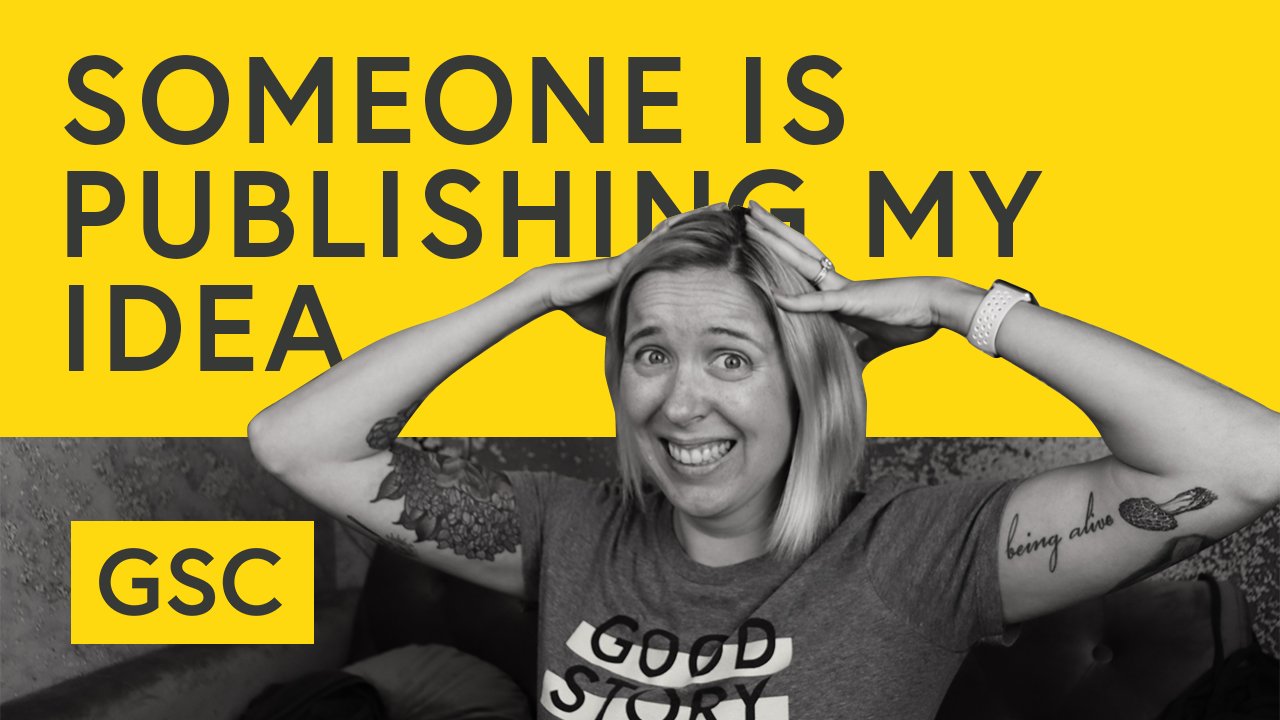
Someone is Publishing My Idea!?
We've all heard people who claim that somebody took their idea and is now publishing it, or that somewhere somehow, another writer has come up with basically the same idea, sold it, and now, what does that mean for your idea?

Revision Process
I work as a freelance editor. I work with writers at thousands of projects a year on the revision process. I provide revision services. Every writer that I work with and every writer out there, I want them to engage in their own editing, their own revision process, because I do believe that a lot of writing happens in rewriting.
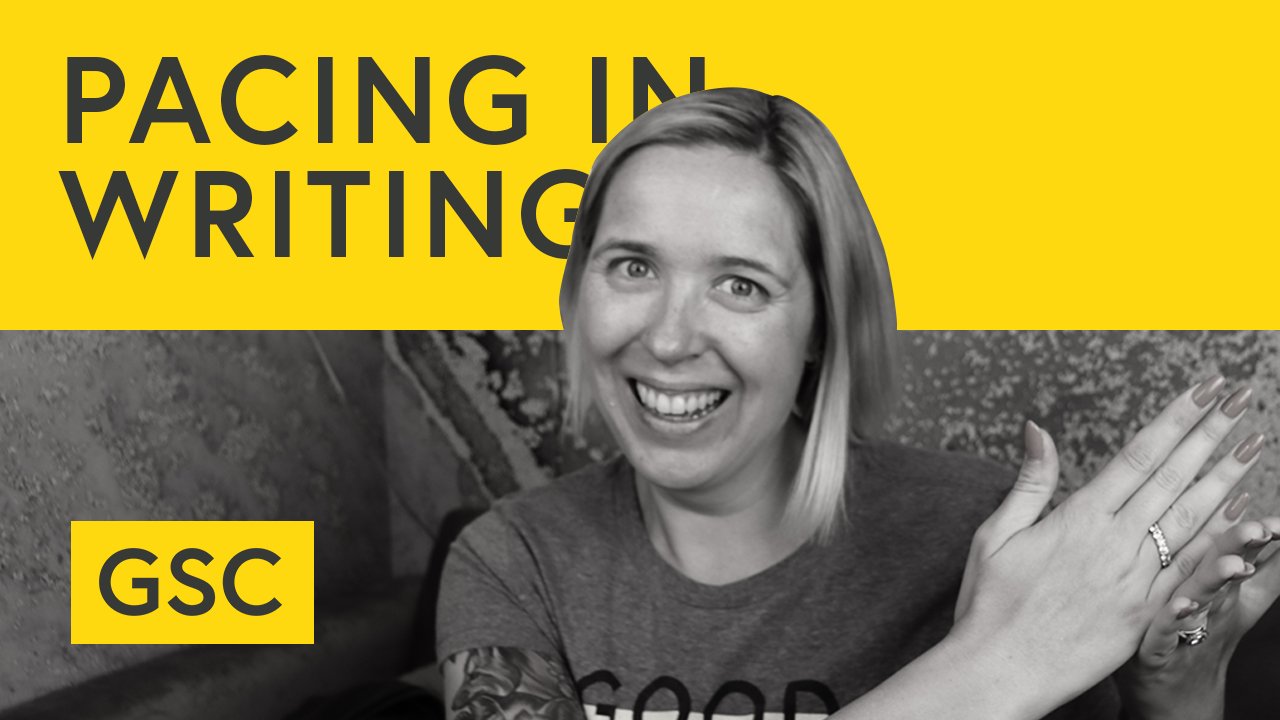
Pacing in Writing
Pacing is the engine that keeps that story going and keeps your reader's interest level high. One of the most important things that I teach when it comes to pacing with writing is the balance of action and the information. Information is dense. It moves slowly. Action is fast. It moves quickly. It has nothing to do with page count, but everything to do with the balance of what's in those pages.
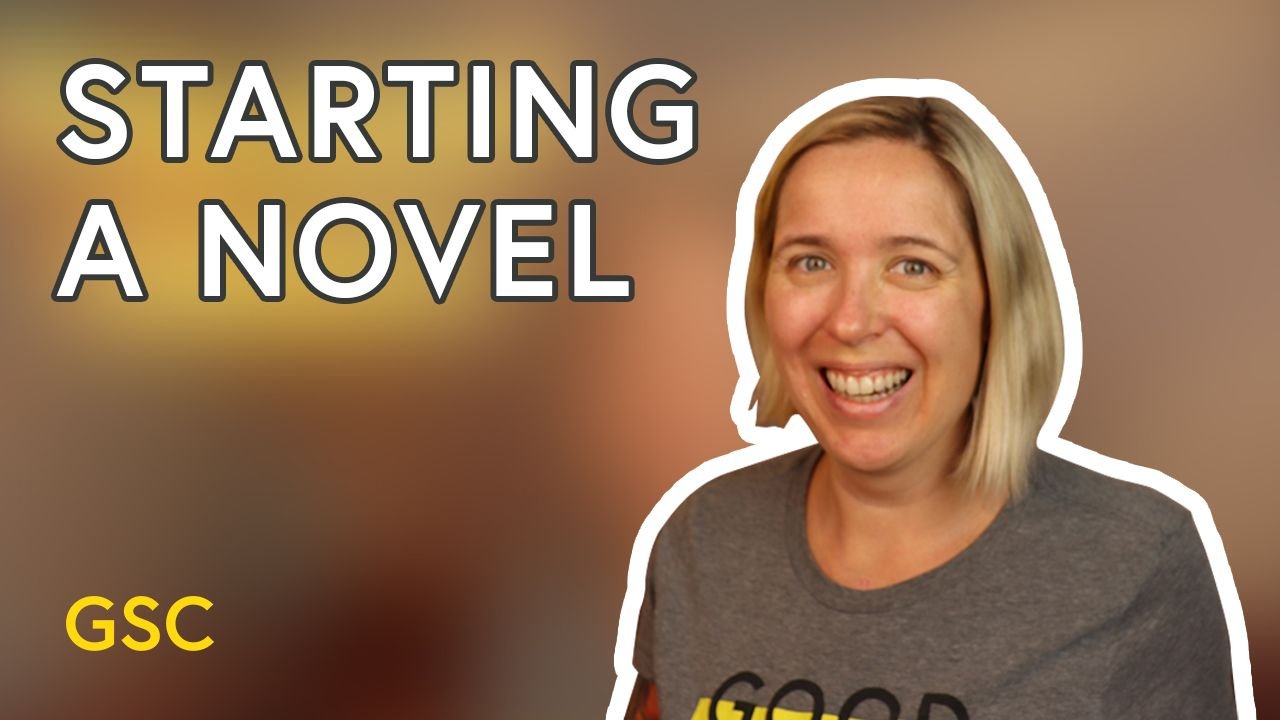
Starting a Novel
Today we are talking about starting a novel...it's hard. But the thing you must remember is: You don't have to nail it on the first try. You can—and should!—always go back, edit, revise. Beginnings are incredibly important. They're what agents and publishers consider before they decide whether they're going to spend the rest of their time with you and your story. But you have a lot of time to go back and nail it!
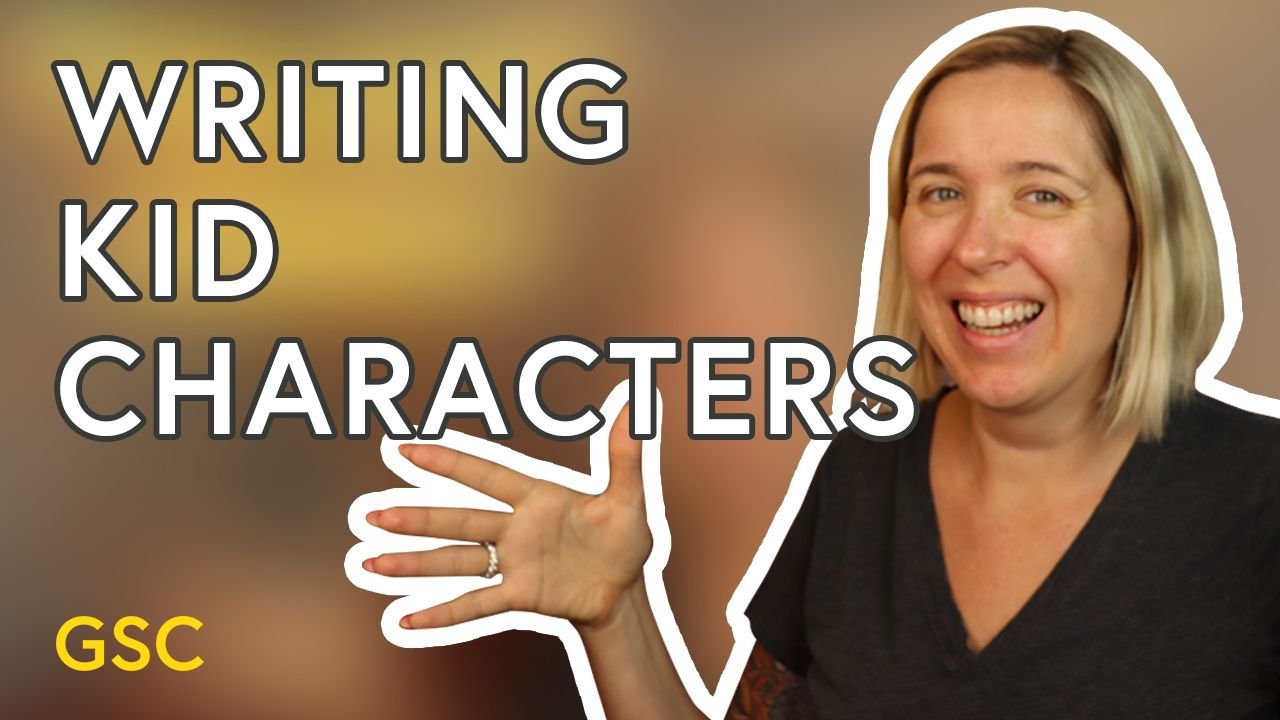
Writing Kid Characters
The number one thing that you have to know about writing a kid character is that they should be relatable to kids. This seems like a very dumb thing to say, but a lot of picture books that I read are written more from the point of view of an adult or for an adult point of view.
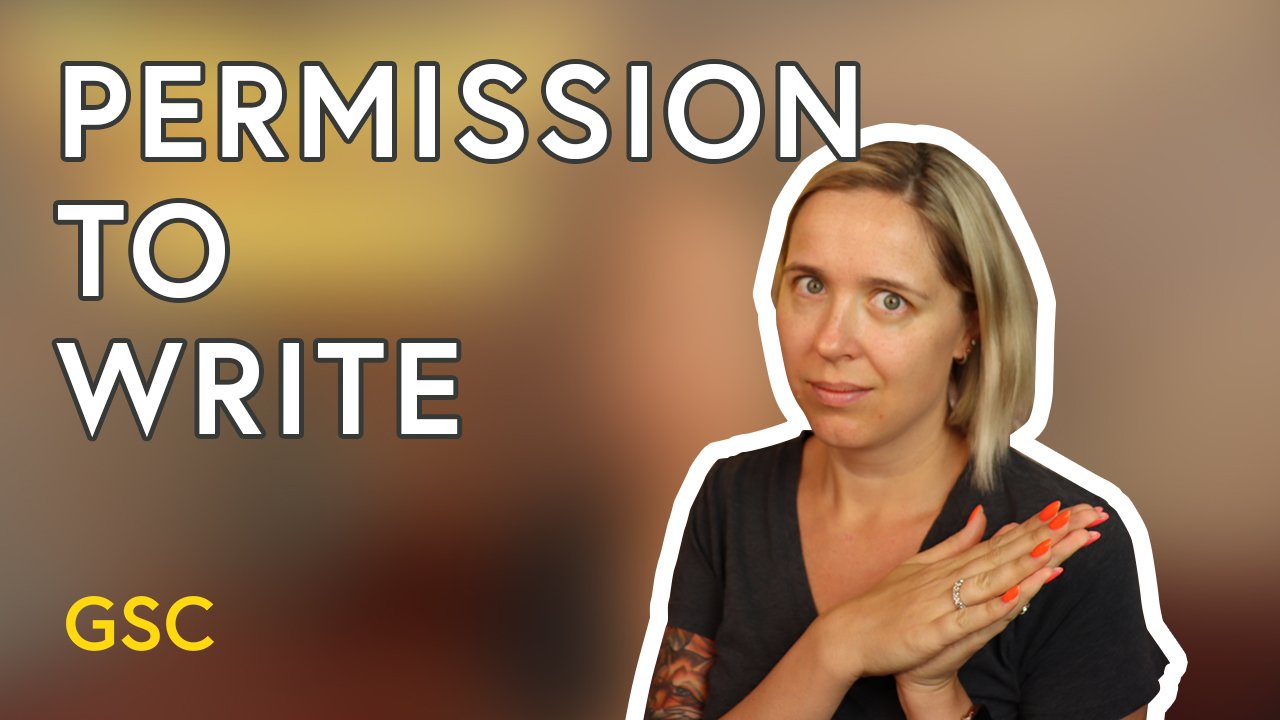
Permission To Write
Writing invariably is a passion for a lot of people that I work with. And they just, for whatever reason, have not been able to sort of devote themselves to it until now. And that's usually when they come to me and I plug into their process.
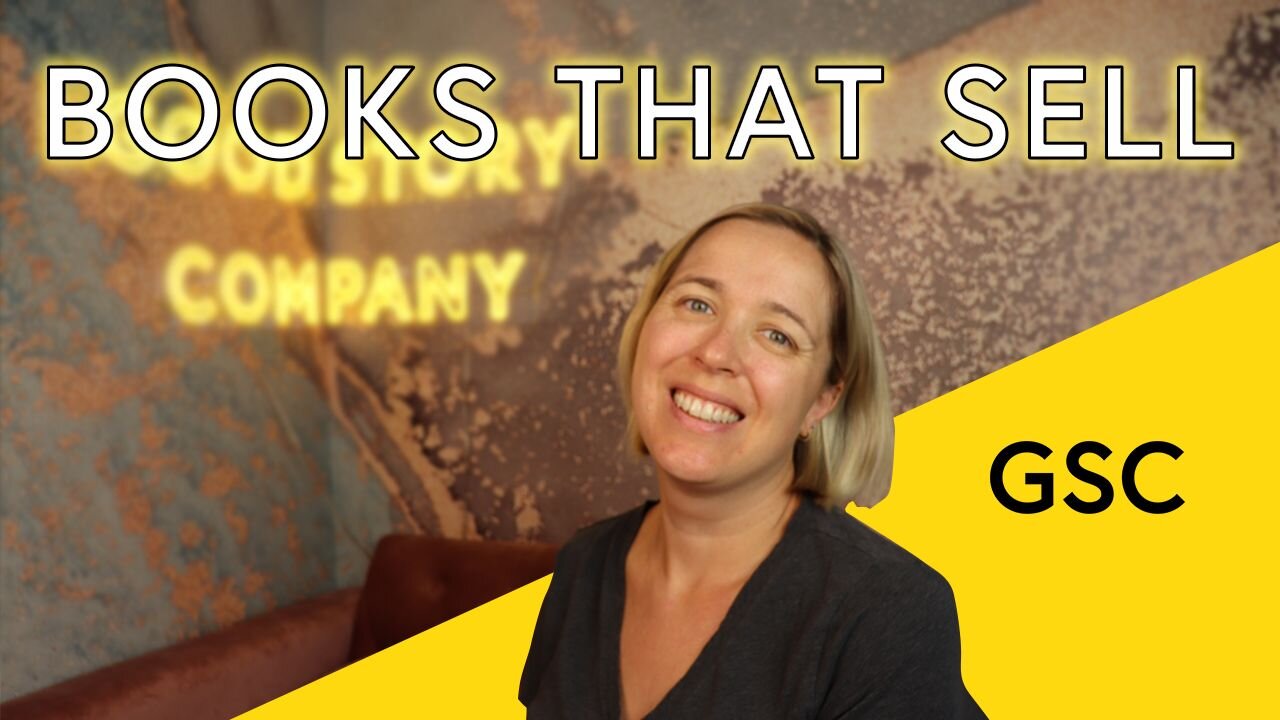
Books That Sell
This is a conversation for a little bit more of an advanced writer. I'm going to talk about the components of what goes into a book that is likely to sell, is likely to attract agents, publishers, eventually readers, right, which is what we want.
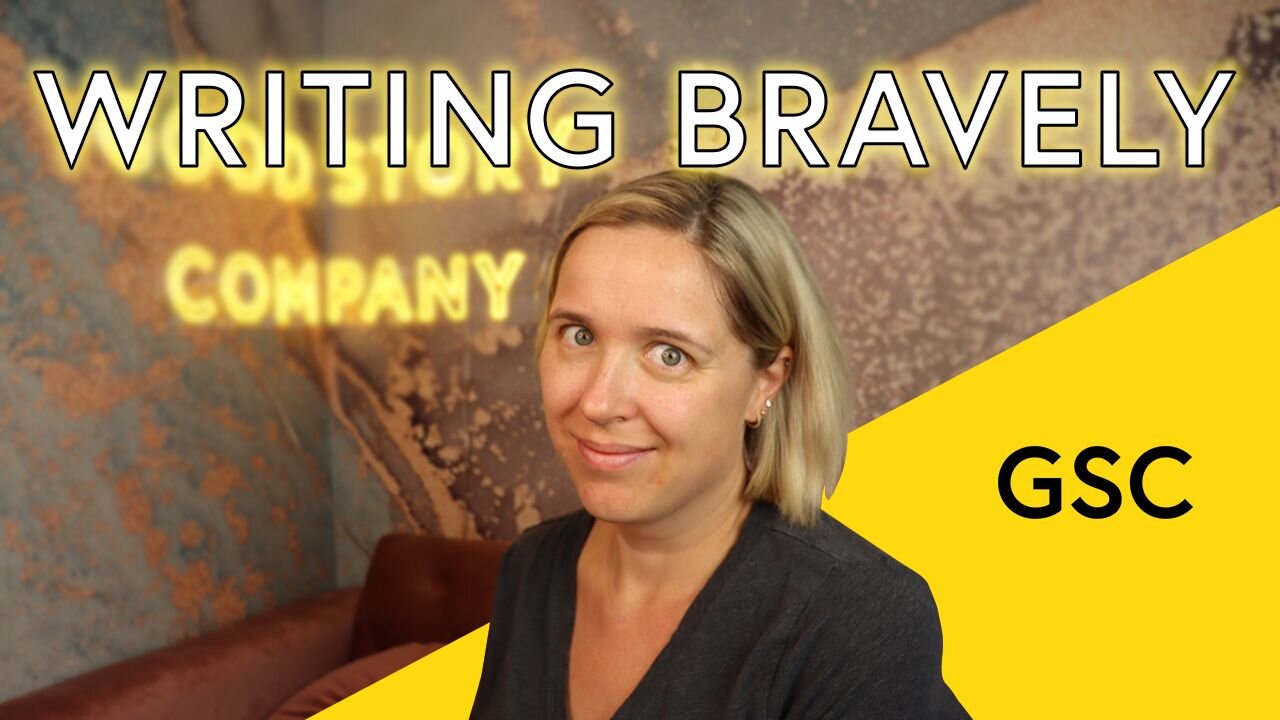
Writing Bravely
The number one consideration of writing memoir for our day and age is that we need to be authentic and we need to be brave. You're writing a memoir because you have lived an interesting, unique, unlikely experience. And then you have also done the work to make something of that experience, to realize its lessons without preaching.
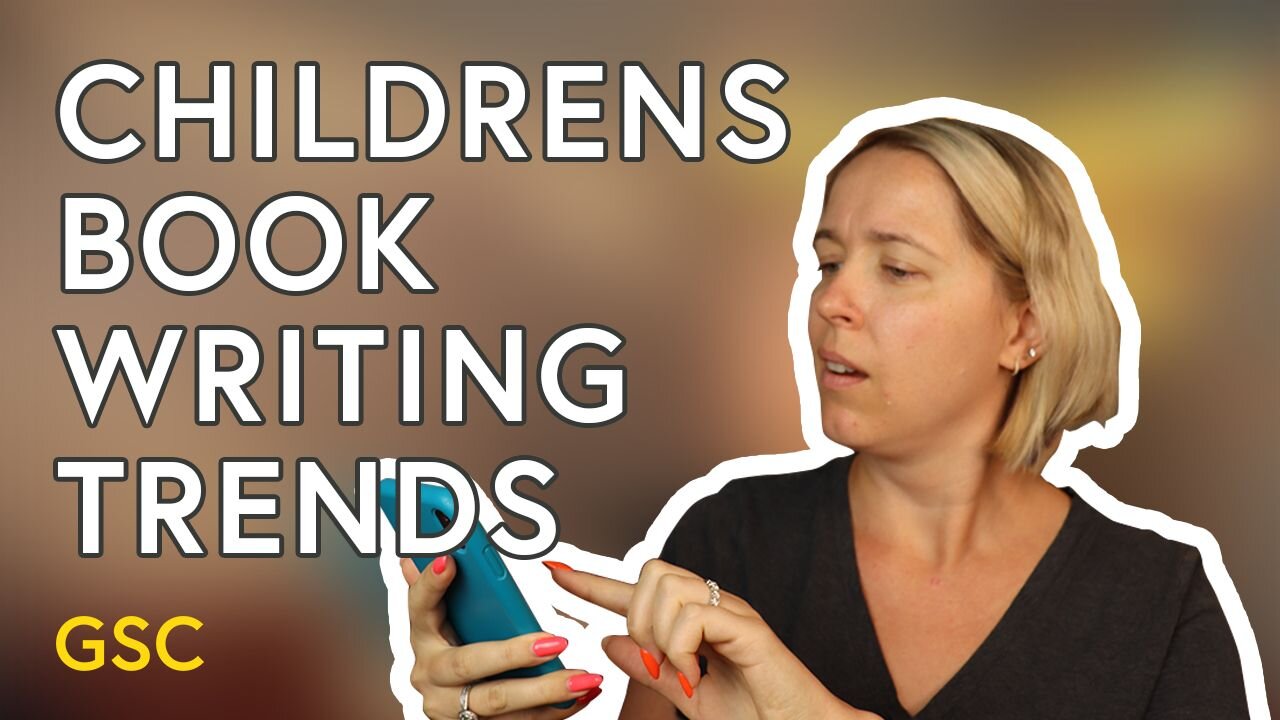
Children’s Book Writing Trends
Here’s what the picture book, chapter book, and early reader publishing trends look like for Fall 2021.

How To End A Novel
Your ending will make a lasting impression – one readers will carry with them after they put the book down. Here are some tips for writing an ending that will resonate with readers and get them excited for whatever you write next.

How to Query A Series
As a debut author querying a potential series, you’re in a much stronger position if you write one amazing manuscript with “series potential” than you are if you were the one needing multiple books to get your story told.
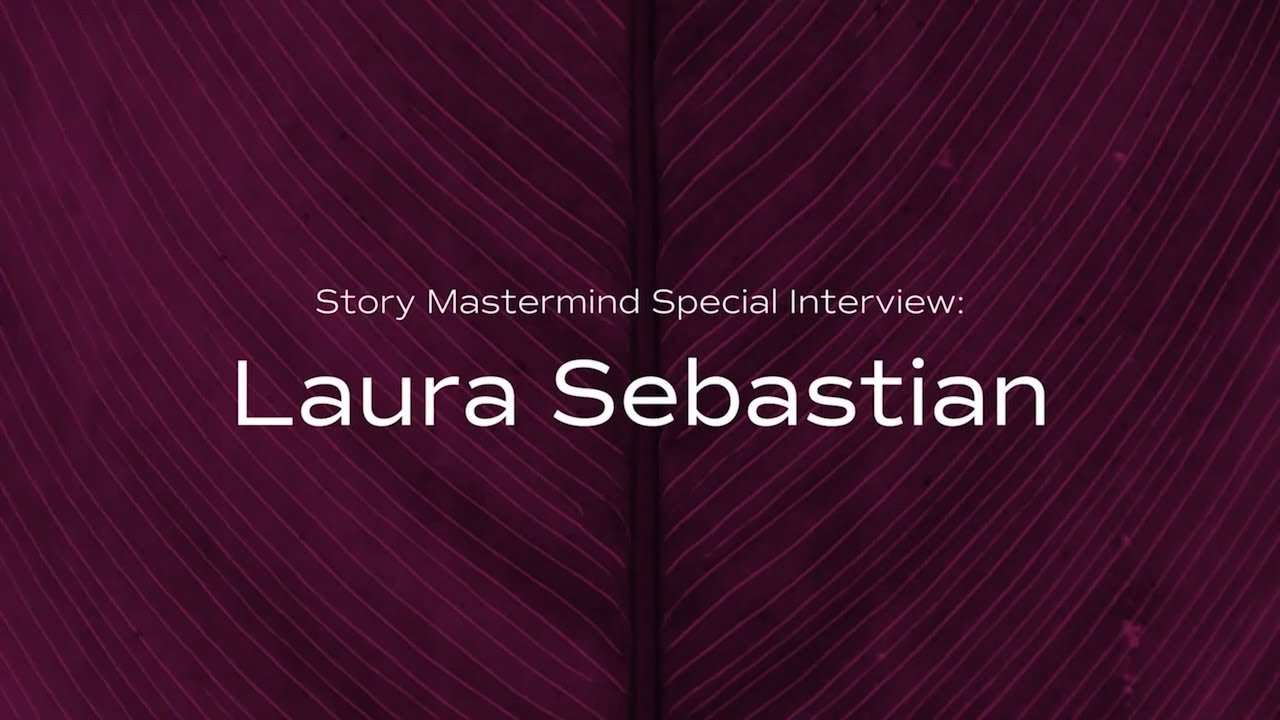
Story Mastermind Interview with Laura Sebastian
A conversation with YA fantasy author Laura Sebastian (ASH PRINCESS, out now from Delacorte) all about worldbuilding.
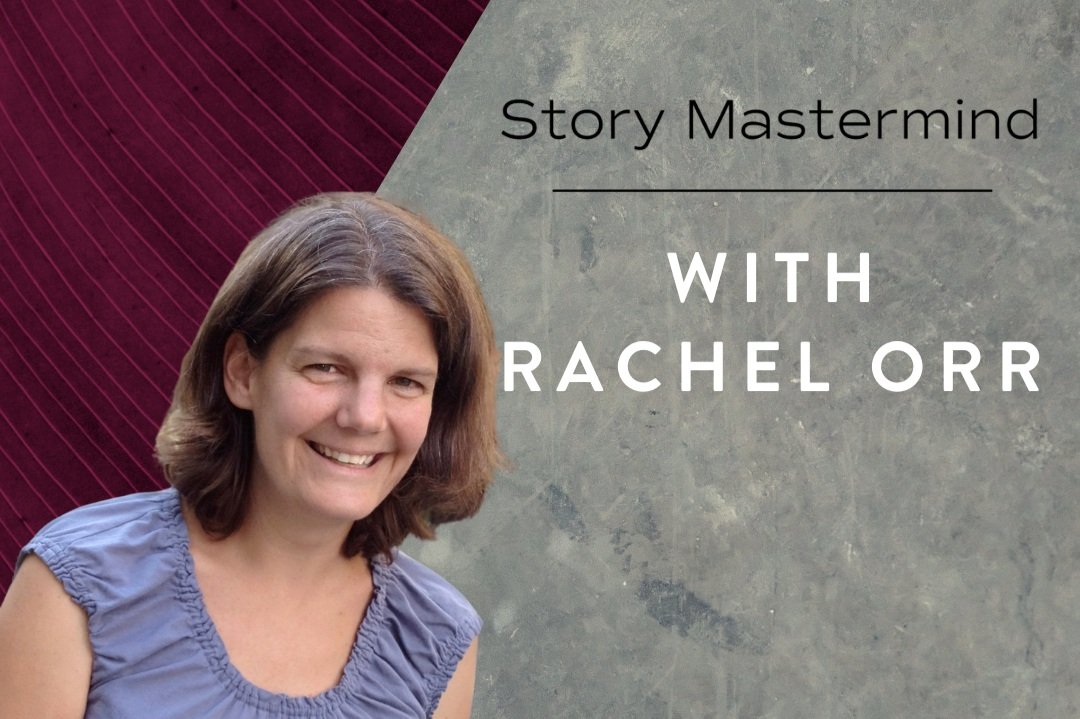
Story Mastermind Interview with Rachel Orr
Decades-long agent, Rachel Orr, talks about real life clients as she shares what agents and editors are looking for, what to include in your query letter, and how to challenge the status quo.

Creative Nonfiction
Nonfiction gets a bad rap for being dry and dull, but it doesn’t have to be. Many of the same liberties can be taken in creative nonfiction as in fiction. If you have something important to share with the world from your own life, this may be your category. Some literary flair can amp up your story and make it more approachable to your readers.
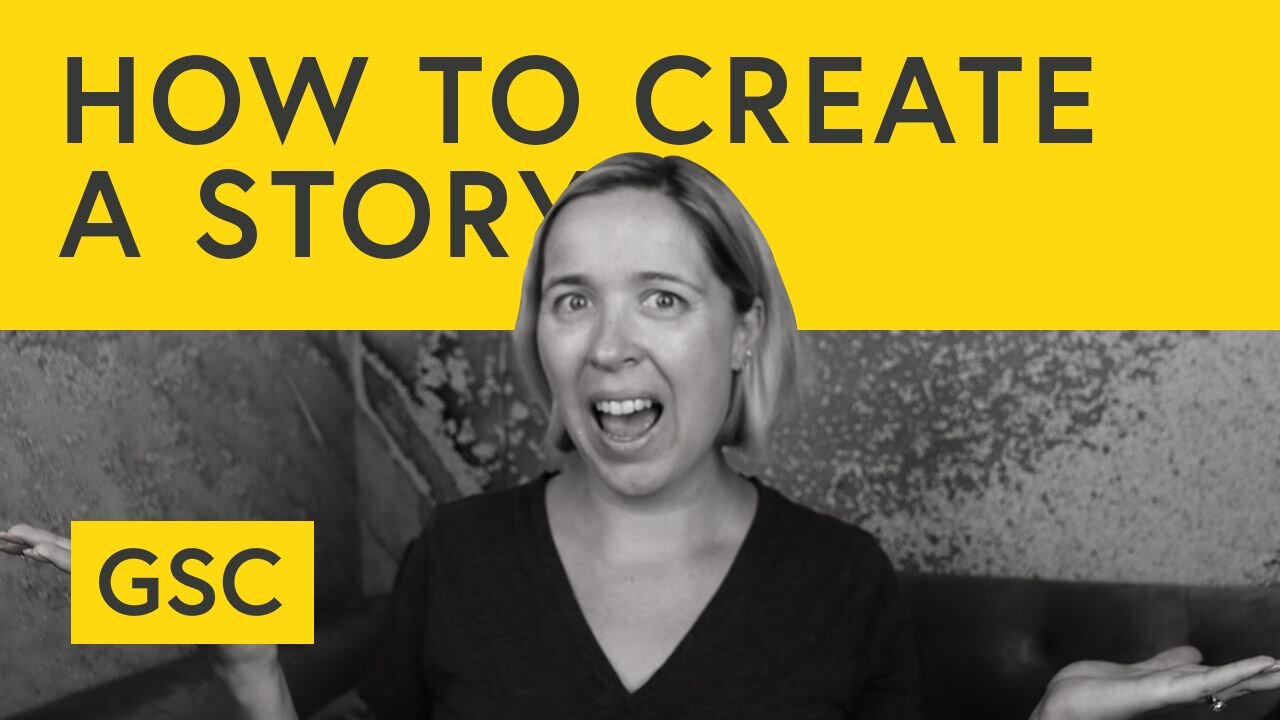
How to Create A Story
This one's for all the people who are still casting around for an idea. How do you create a story? What matters to you, and what matters to readers?

The Case for Re-Reading
“To me, re-reading my favorite books is like spending time with my best friends. I’d never be satisfied to limit myself to just one experience each with my favorite people.”
― C S Lewis
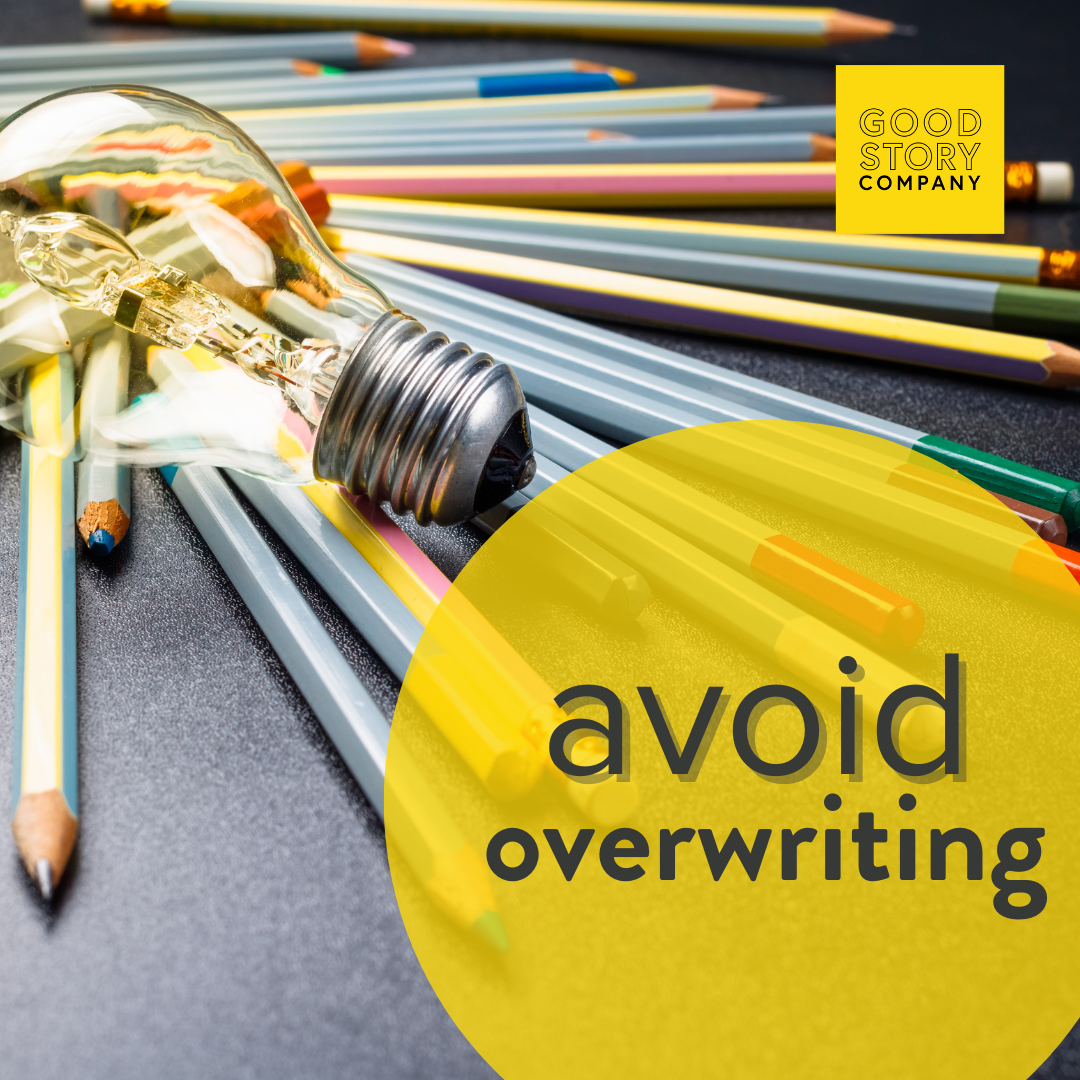
Avoid Overwriting
Overwriting happens often in early drafts, as writers try to get the story down and figure they’ll fix things later. Sometimes details draw us in, but often they can distract readers, pushing them to think about unrelated things ... and then to stop reading.
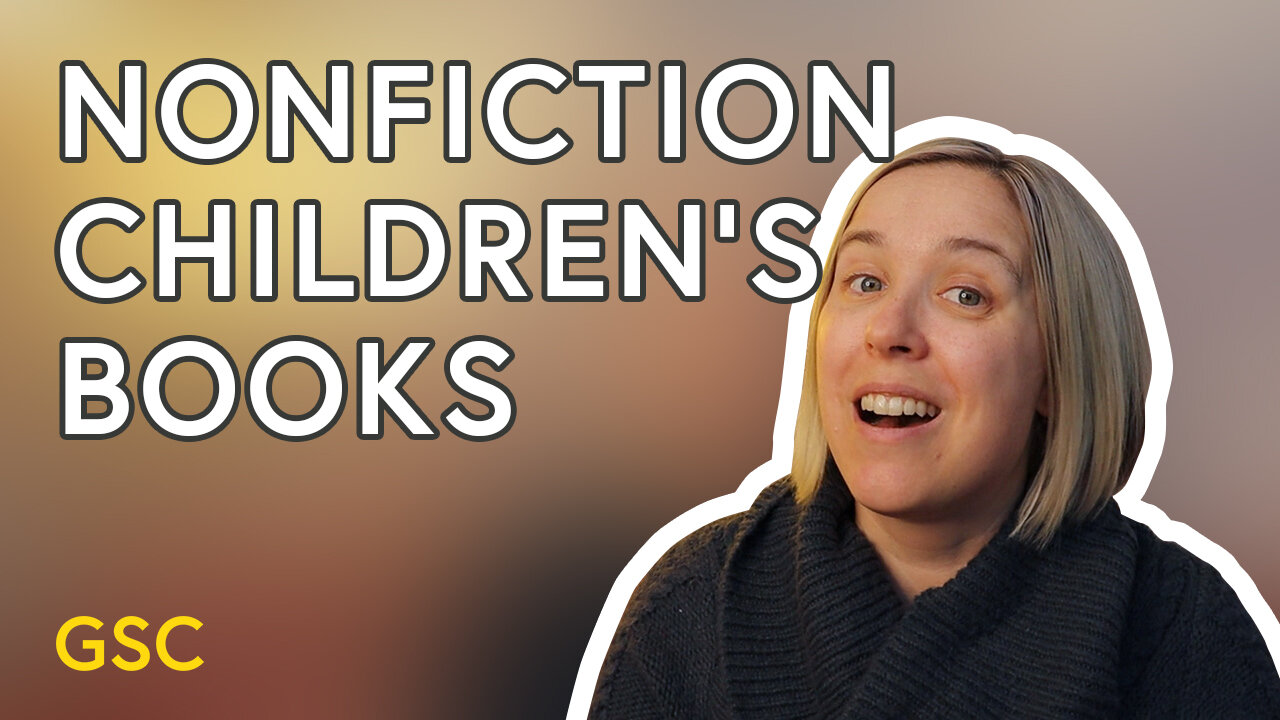
Nonfiction Children’s Books
Find your niche in the nonfiction children’s book market using these timely takeaways.
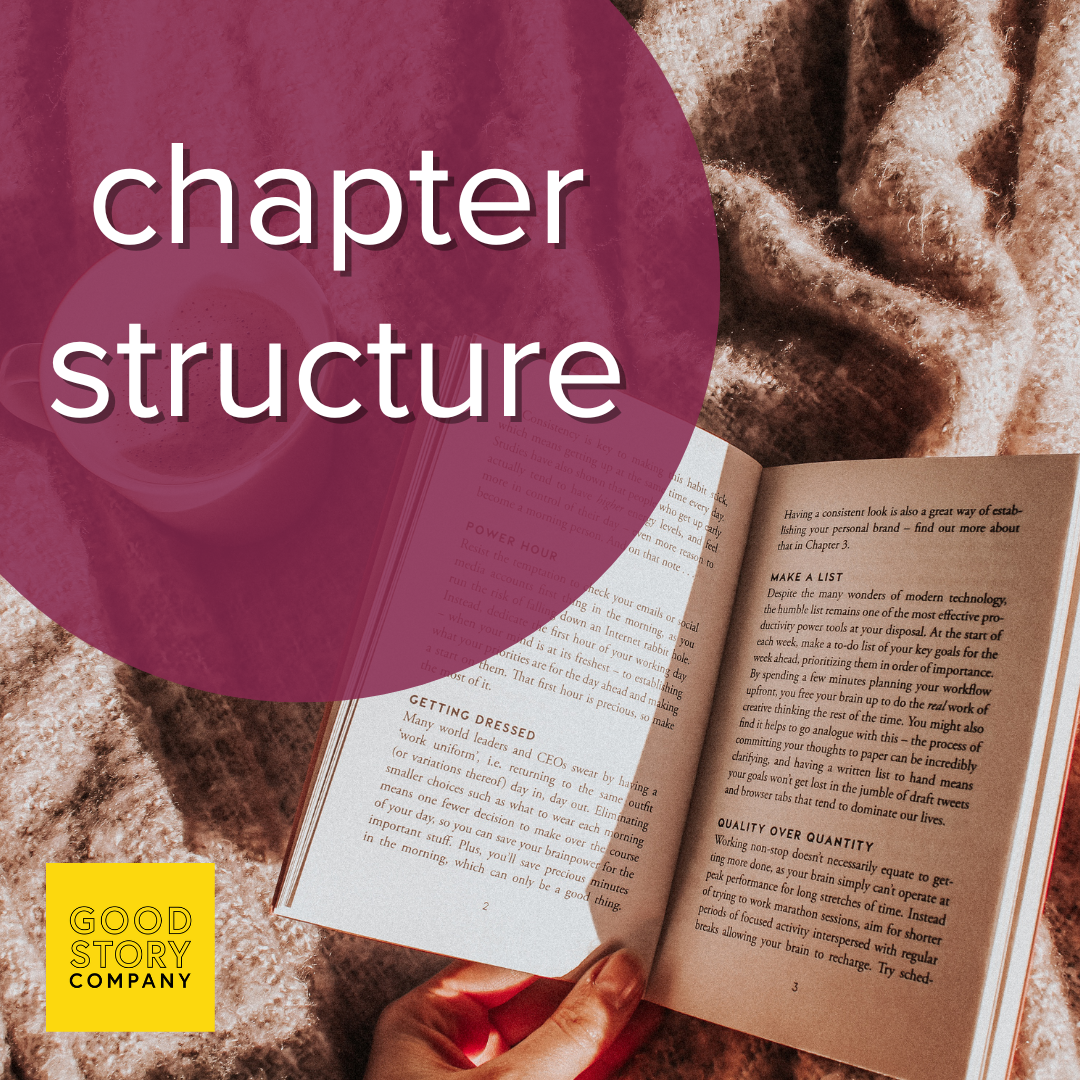
How To Be More Intentional With Chapter Structure
Chapter structure, like plot structure, is key to achieving a believable and engaging narrative. Here’s how to make sure your chapters are complete and doing as much work for you and your story as possible.
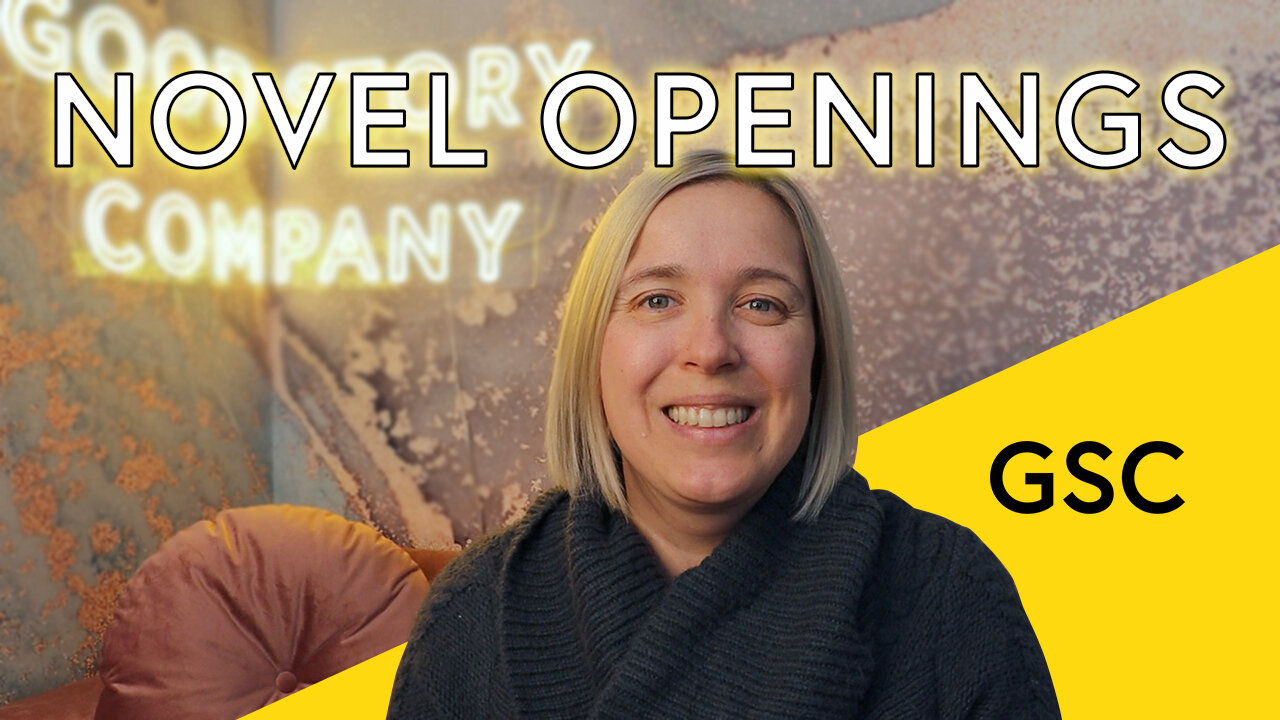
Novel Openings
Go beyond the landscape when setting the scene with these three essential considerations for starting your novel.
